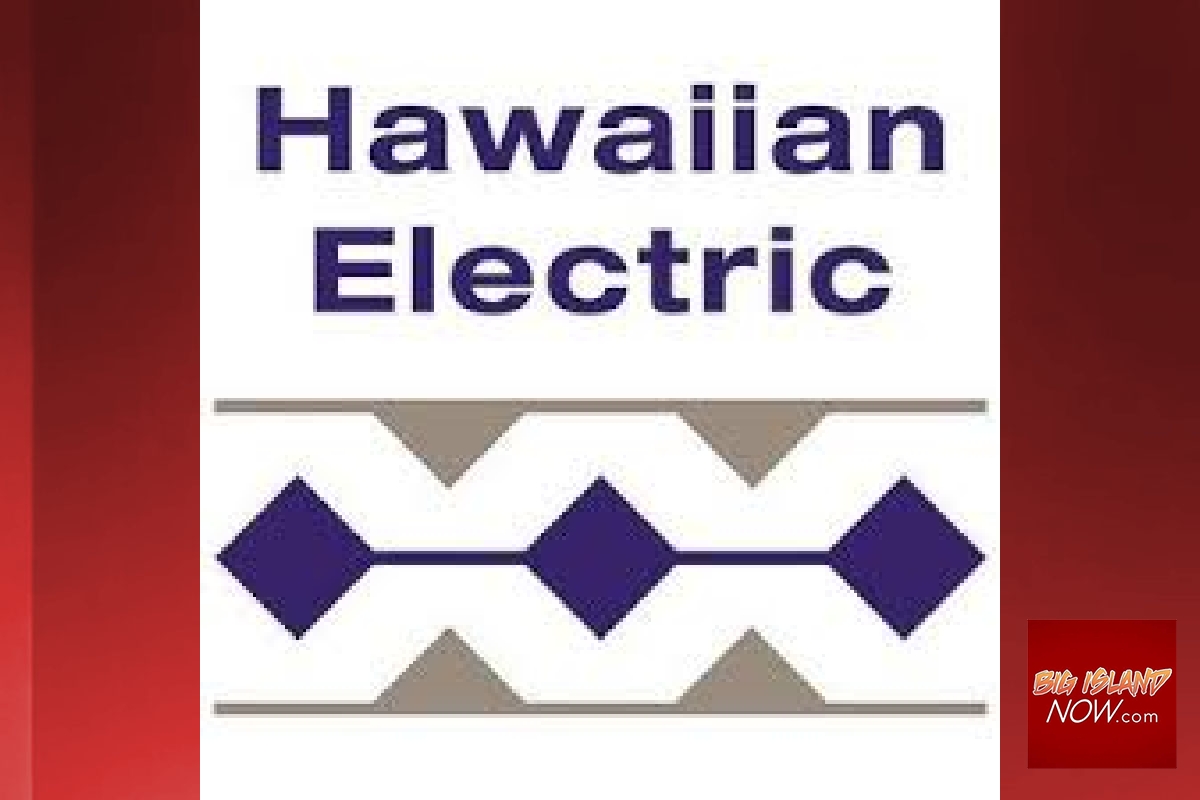Hawaiian Electric Suspends Disconnections For Nonpayment
 Hawaiian Electric service disconnections for nonpayment have been suspended through the end of the year.
Hawaiian Electric service disconnections for nonpayment have been suspended through the end of the year.
Customers challenged by the financial impact of COVID-19 may seek utility bill assistance from the government and nonprofits, and set up a payment arrangement plan.
The Public Utilities Commission on Monday ordered utilities to extend through Dec. 31 the moratorium on service disconnections for nonpayment. HELCO voluntarily suspended its collection efforts in March to ensure customers’ electric service would not be disrupted while many were staying home. The PUC subsequently ordered all utilities to suspend disconnections and Hawaiian Electric has since been following with the commission’s orders and timing for the disconnection moratorium, a HELCO press release said.
In its order to extend the moratorium, the commission also stated that “customers should continue paying their bills to the extent possible during this time, noting that customers will still ultimately be responsible for paying utility service billings accrued during this suspension.”
Even with the extension to Dec. 31, customers should take advantage of Hawaiian Electric’s special payment arrangement plans to help keep past due balances manageable. Go online to learn more about the interest-free plan options for residential and business customers.
“Regardless of the date of the moratorium, we want to ensure that customers facing financial hardship are able to take advantage of the CARES funding that is set to expire at the end of the year and that we can help them make their payments more manageable,” said Shelee Kimura, Hawaiian Electric senior vice president of customer service. “We need to hear from customers in order to help them.”
Deadlines for some utility bill assistance programs are fast-approaching while others are nearing their funding limits. It’s important for customers to apply while assistance is still available. Eligibility requirements vary. Go online for a listing of programs. Among them are the following:
Hawaiʻi County – $1.5 million CARES funding
- COVID-19 Utility Bill Support – Provides $500 utility (gas, electric or nongovernment water) bill assistance for eligible households
- Administered by the Hawaiʻi County Economic Opportunity Council (HCEOC)
Additional CARES funding is available for households in need of utility payment help that meet the 60% state median gross annual income limit (individual: $30,767; and for a family of four: $59,167). Applicants who meet income requirements may be eligible for up to $1,000 in LIHEAP COVID-19 Disaster Energy Crisis Intervention Assistance.
Visit the Hawaiʻi County Economic Opportunity Council (HCEOC) website for details.
Customers who are having trouble paying their electric bills should contact Hawaiian Electric to set up a payment plan.
Go to www.hawaiianelectric.com/paymentarrangement for the link to a payment arrangement request form. The form can be emailed to the customer care team. Submitting the form is the quickest way for customers to start the process.
The company’s walk-in payment centers remain closed until further notice, but there are several payment methods available to customers.
Go to www.hawaiianelectric.com/paymentoptions for available payment methods. Customers who prefer to pay in person may do so at no charge at Western Union payment locations at retailers throughout the company’s service territory. The company website lists the locations.
For assistance managing energy costs, Hawaiʻi Energy is a resource for tips and rebates to help offset the costs of energy-saving equipment.















